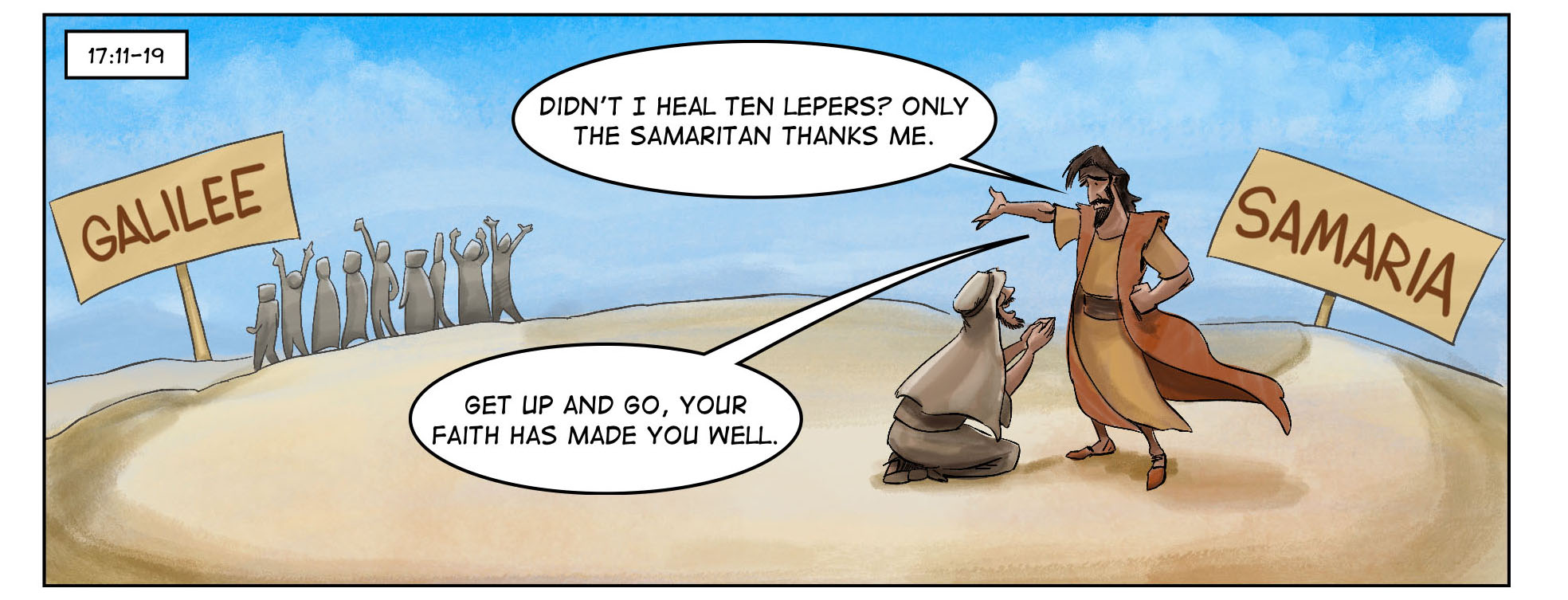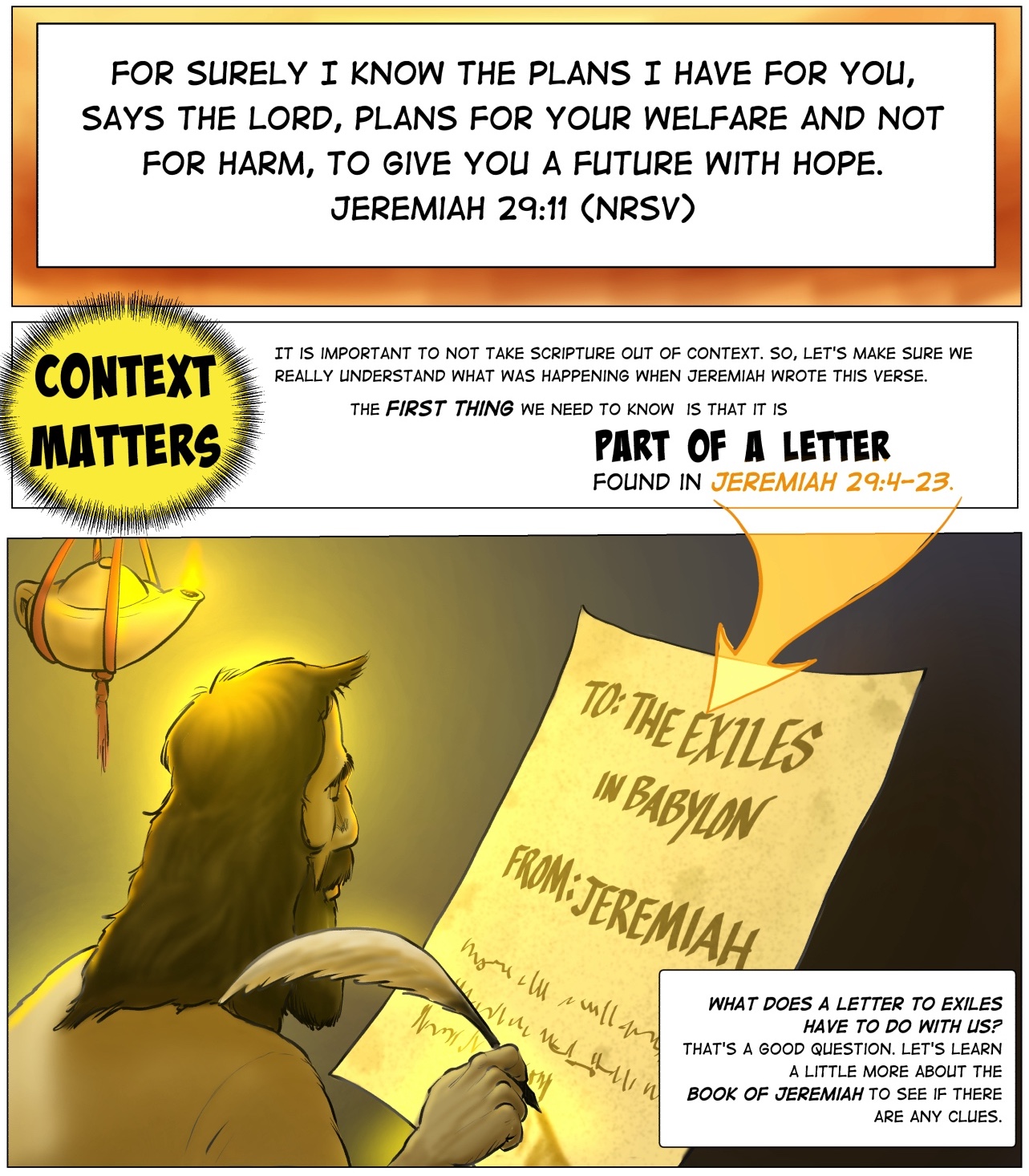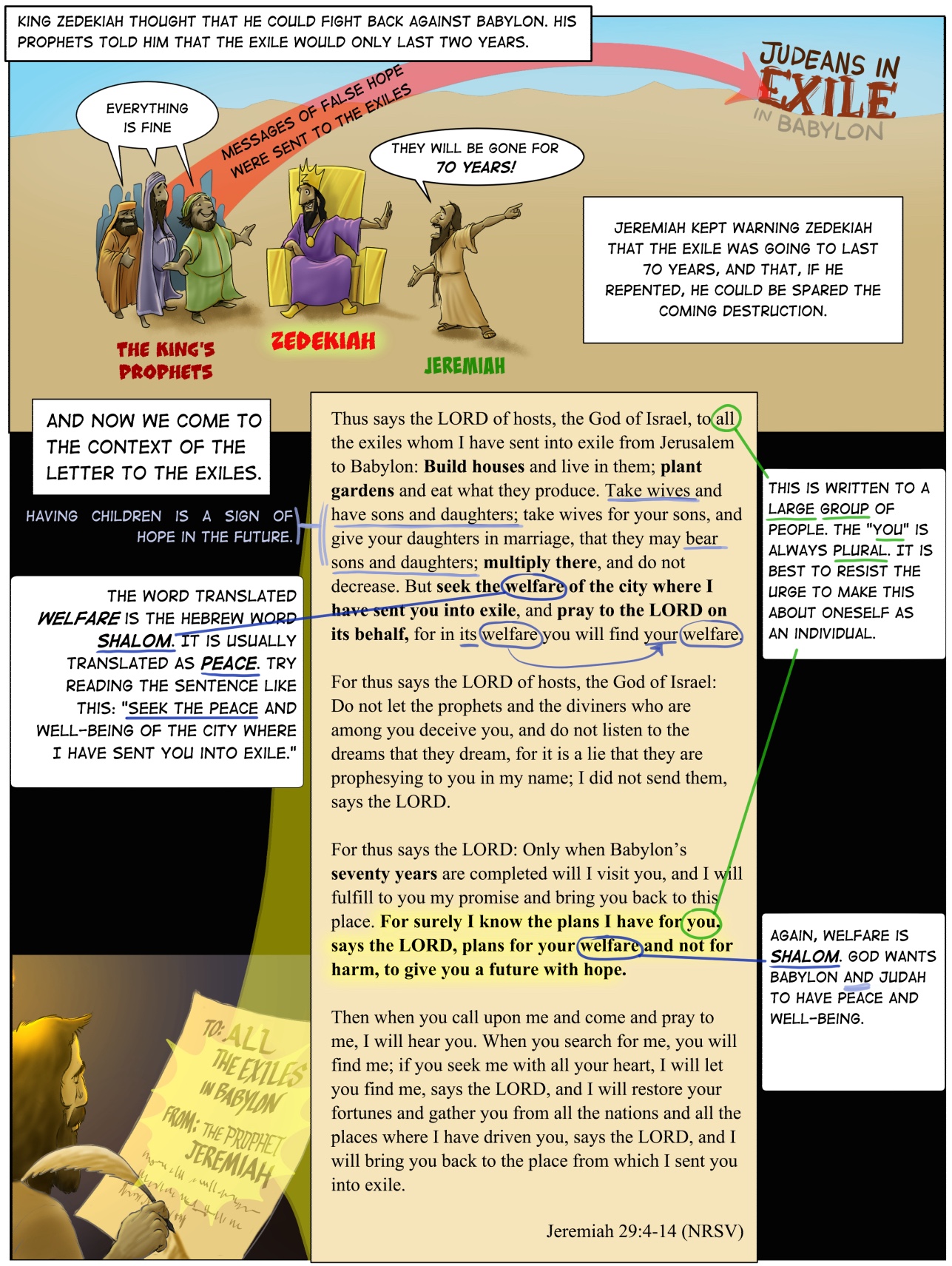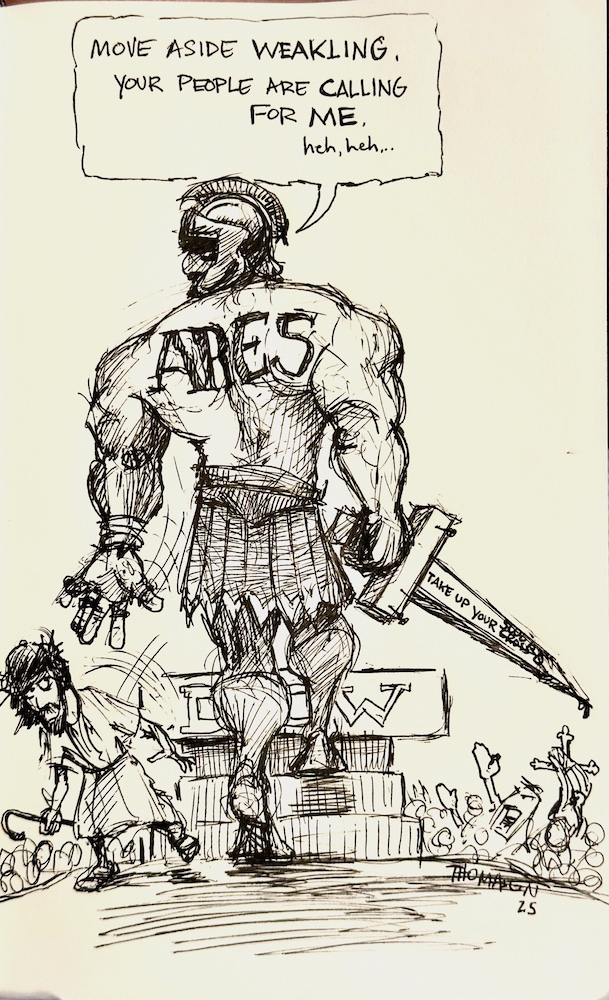
The Gospel reading this week tells the story of Jesus’ encounter with ten lepers in Luke 17:11-19. The geography of this story matters. Jesus is traveling from Galilee to Jerusalem. He is in a region “between Galilee and Samaria.” (Remember, the Jews in Jesus’ day hate the Samaritans.) Not only does Jesus travel toward the accursed region of Samaria, he also encounters ten unclean bodies, riddled with leprosy.
This is the worst place a rabbi could find himself.
Jesus had compassion on the ten lepers and told them to go to the priests. This was a bold move since lepers were not allowed in the Temple. As they go they are healed. Only one of them thinks to return to Jesus and thank him. This man was a Samaritan. Jesus calls him a foreigner. The Greek word is allogenes, and literally means “other-born.” From a Jewish perspective, he is the enemy, or, at best, a repulsive “other-born.”
What is Luke trying to tell us with this story?
The first reading in the lectionary this week is Jeremiah 29:1, 4-7. It comes right before the ever-popular verse Jeremiah 29:11. The images below were created to place these verses in context.

I think the Gospel reading plays with the Jeremiah reading in an interesting way. Jeremiah is writing a letter to the people of Judah who have been abducted from their homes, dragged hundreds of miles away, and forced to live in internment villages in exile in the land of their oppressors.
This is a horrible situation.
King Zedekiah, still in Jerusalem but under the power of the Empire, is being told by his prophets that he should fight back against the Empire, because God is on his side. They were false prophets. Zedekiah listened to them, went to war, and his family was slaughtered and he was tortured and imprisoned.

Jeremiah writes to the exiles and encourages them to settle in, have families, and “seek the shalom” of the Empire that has oppressed them. One reason for this message is to assure the people that God will restore them in the future. It will take 70 years before they will return, so they need to adapt to the not-yet reality of the present. It is not ideal, but the promise of God persists.
The Kin-dom of Heaven
Disciples of Jesus are always, in my theological opinion, outsiders to human government. In many ways we are exiles in the land. Jesus’ kin-dom is not one of domination, but one of Shalom (peace and wholeness). Jesus’ disciples are called to seek the Shalom of all people, even if the world calls them enemies. We are called to seek the shalom of the “other-born” and live in shalom of the promises of God.
The Rise of Ares

The image above came to me this week as I have been pondering the message of Shalom for the “other-born.” I scribbled it in my sketchbook last night, so it is not a great illustration.
Many American Christians seem to have a violent desire to purge the United States of “foreigners.” This does not mesh with the Kin-dom of God, as I understand it in the teachings of Jesus.
I call the image above “The Rise of Ares.”
Lord, have mercy.
Every week I compile all the visual resources on cartoonistbible.com for the lectionary readings on both the Revised Common Lectionary and the Narrative Lectionary. Get them in your inbox every Monday morning.


